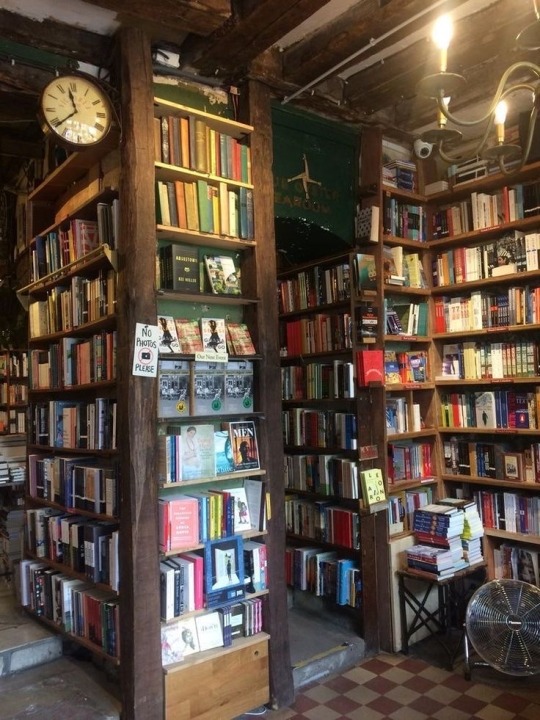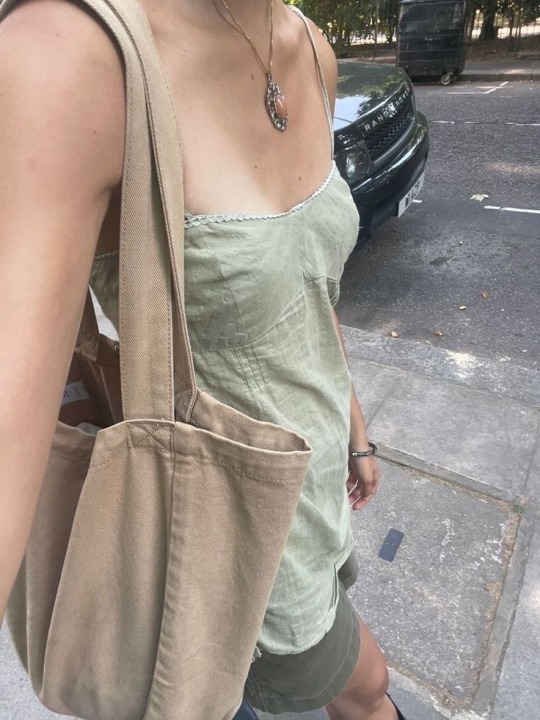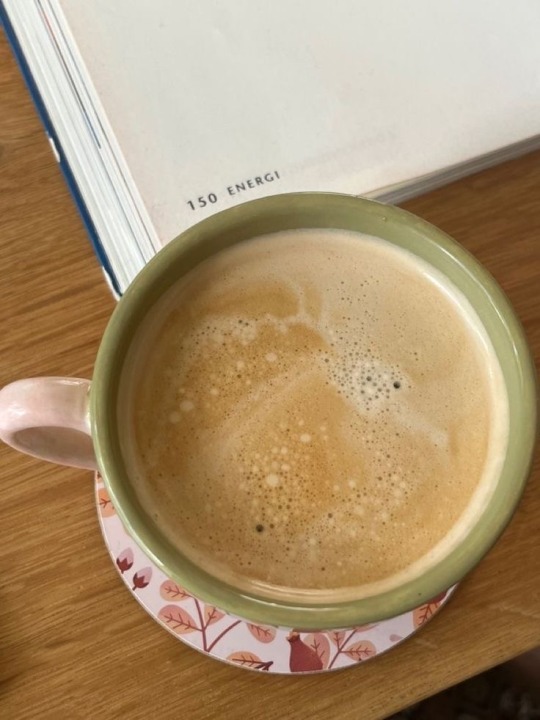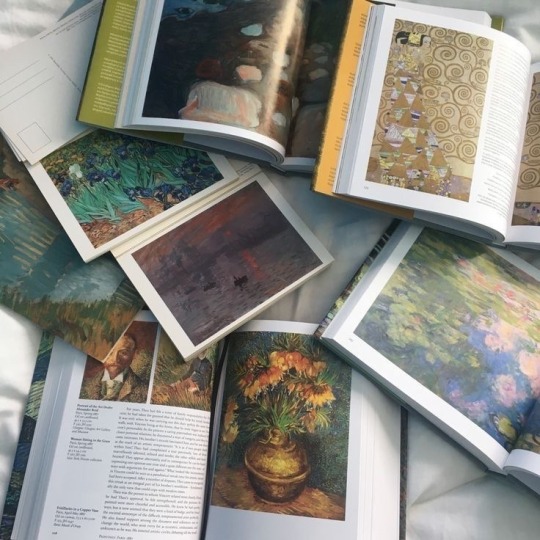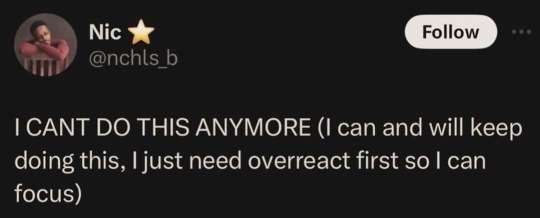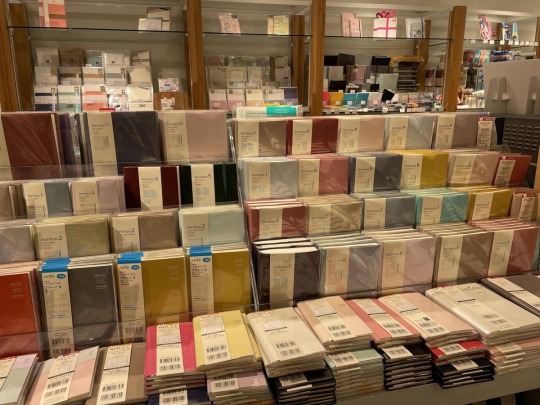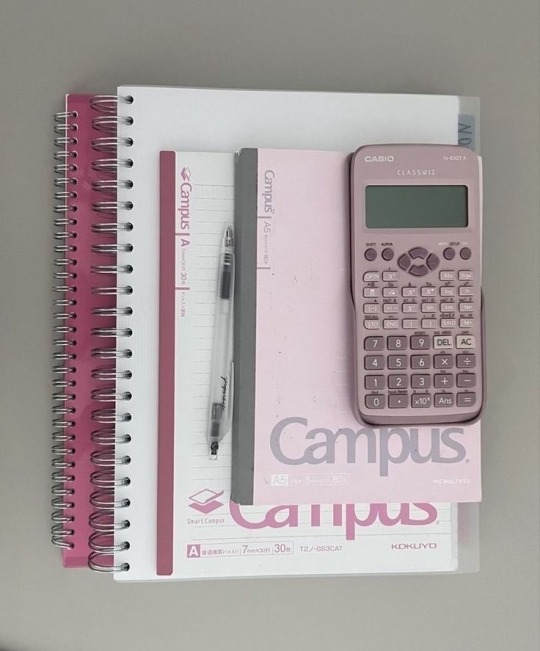i graduatedbooks, journaling, self-study, learning spanishsideblog to @softestfauna
Don't wanna be here? Send us removal request.
Text

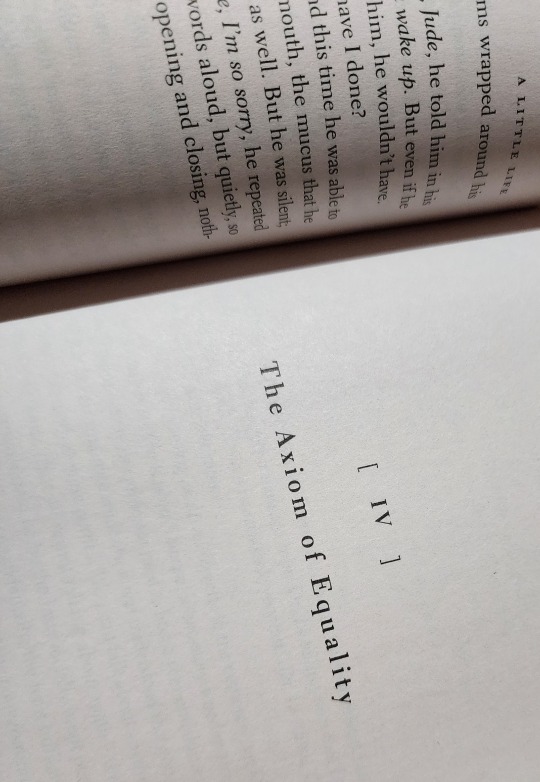
There's a stranger in my dreams. He's whispering prophecies to me.
Photos of my time in Toronto.
318 notes
·
View notes
Text
Rare English Words
Epoch – a particular period of time in history or a person’s life
Intransigent – refusing to agree or compromise
Beamish – bright, cheerful, optimistic
Insouciant – free from worry, concern, or anxiety
Veridical – truthful
Effulgent – shining forth brilliantly; radiant
Venetus – having the color of the deep blue sea
Orphic – mysterious and entrancing; beyond ordinary understanding
Eldritch – eerie; weird; spooky
Esoteric – intended for or likely to be understood by only a select few; private; secret
Rout – to howl as the wind; make a roaring noise
Aeonian – eternal; everlasting
Verendus – to be feared; worthy of reverence; giving an appearance of aged goodness
3K notes
·
View notes
Text
Spintherism
1. Seeing of sparks before the eyes
1 note
·
View note
Text
Also I found an amazing website which you cab filter search courses from leading sites like coursera, edx, and all that for free courses and certificates which is treasurable for broke me.
Its called Class Central
A lot of free courses
So I am learning some machine learning on Matlab, which the course is basically some codes used to do some stuff (so sorry for terrible vocabulary). I don't really know how to take notes of this or should I do it in first place? I am also doing another course which is more theoretical and practical and heavier than this.

143 notes
·
View notes
Text
Free MIT online courses that sound interesting
Arts & Literature
Introduction to World Music
Reading Fiction
Literary Interpretation: Virginia Woolf's Shakespeare
Introduction to Photography
Foundations of Western Culture II: Renaissance to Modernity
Studies in Poetry - Briths Poetry and the Sciences of the Mind
Studies in Literary History: Modernism: From Nietzsche to Fellini
Screen Women: Body Narratives in Popular American Film
Studies in Poetry: "What's the Use of Beauty"
Queer Cinema and Visual Culture
Monteverdi to Mozart: 1600 - 1800
Writing and Experience: Reading and Writing Autobiography
Advanced Topics in Hispanic Literature and Film: The Films of Luis Buñel
Major Authors: Rewriting Genesis: "Paradise Lost" and Twentieth-Century Fantasy
Arthurian Literature and Celtic Colonization
Contemporary Literature: Britsh Novel Now
Studies in Poetry: 20th Century Irish Poetry: The Shadow of W. B. Yeats
Writing About Literature: Writing About Love
Introduction to European and Latin American Fiction: Great Books On The Page and On The Screen
Popular Culture and Narrative: Use and Abuse of the Fairy Tale
Victorian Literature and Culture
Reading Poetry
English Renaissance Drama: Theatre and Society in the Age of Shakespeare
Introduction to Fiction
International Woman's Voice
Major Authors: Oscar Wilde and the "90's"
Prizewinners: Nobelistas
American Authors: American Women Authors
Shakespeare, Film and Media
Japanese Literature and Cinema
Woman's Novels: A Weekly Book Club
Classics of Chinese Literature
Major English Novels
Topics in South Asia Literature and Culture
Introduction to Literary Theory
History & Social Studies
American Classics
The Middle East in the 20th Century
Africa and the Politics of Knowledge
The Rise of Modern Science
European Imperialism in the 19th and 20th Century
Philosophy of Love
Human Rights: At Home and Abroad
The Nature of Creativity
Introduction to Comparative Politics
Riots, Rebellions, Revolutions
Introduction to the History of Technology
Ancient Philosophy
Youth Political Participation
2K notes
·
View notes
Text
Book List: Aesthetics, Neuroaesthetics, & Philosophy of Art
Why Science Needs Art: From Historical to Modern Day Perspectives 1st Edition by Richard Roche (Author), Sean Commins (Author), Francesca Farina (Author)
Feeling Beauty: The Neuroscience of Aesthetic Experience by G. Gabrielle Starr (Author)
An Introduction to Neuroaesthetics: The Neuroscientific Approach to Aesthetic Experience, Artistic Creativity and Arts Appreciation 1st Edition by Jon O. Lauring (Editor)
Brain, Beauty, and Art: Essays Bringing Neuroaesthetics into Focus by Anjan Chatterjee (Editor), Eileen Cardilo (Editor)
Philosophy of Art: A Contemporary Introduction (Routledge Contemporary Introductions to Philosophy) by Noël Carroll (Author)
Philosophy of the Arts: An Introduction to Aesthetics 3rd Edition, by Gordon Graham (Author)
The Oxford Handbook of Aesthetics (Oxford Handbooks) Revised ed. Edition by Jerrold Levinson (Editor)
Aesthetics and the Philosophy of Art: The Analytic Tradition, An Anthology (Blackwell Philosophy Anthologies) 2nd Edition, by Peter Lamarque (Editor), Stein Haugom Olsen (Editor)
What Art Is by Arthur C. Danto (Author)
After the End of Art: Contemporary Art and the Pale of History - Updated Edition (Princeton Classics Book 10) by Arthur C. Danto (Author), Lydia Goehr (Foreword)
Ways of Seeing: Based on the BBC Television Series (Penguin Books for Art) by John Berger (Author)
Art and Its Significance: An Anthology of Aesthetic Theory, Third Edition 3rd Revised ed. Edition, by Stephen David Ross (Editor)
But Is It Art?: An Introduction to Art Theory by Cynthia Freeland (Author)
The Art Question by Nigel Warburton (Author)
Arguing About Art: Contemporary Philosophical Debates (Arguing About Philosophy) 3rd Edition by Alex Neill (Editor), Aaron Ridley (Editor)
Art Theory: A Very Short Introduction (Very Short Introductions) by Cynthia Freeland (Author)
Aesthetics: A Very Short Introduction (Very Short Introductions) Illustrated Edition, by Bence Nanay (Author)
The Cambridge Handbook of the Psychology of Aesthetics and the Arts (Cambridge Handbooks in Psychology) by Pablo P. L. Tinio (Editor), Jeffrey K. Smith (Editor)
Aesthetics: A Comprehensive Anthology (Blackwell Philosophy Anthologies) 2nd Edition, by Steven M. Cahn (Editor), Stephanie Ross (Editor), Sandra L. Shapshay (Editor)
Philosophies of Art and Beauty: Selected Readings in Aesthetics from Plato to Heidegger by Albert Hofstadter (Author, Editor), Richard Kuhns (Author, Editor)
Art, Aesthetics, and the Brain Illustrated Edition, by Joseph P. Huston (Editor), Marcos Nadal (Editor), Francisco Mora (Editor), Luigi F. Agnati (Editor), Camilo José Cela Conde (Editor)
50 notes
·
View notes
Text
Cultural Dark Academia
After my last post about the lack of representation in academia, I felt it neccessary to provide some examples of what I’m talking about. Obviously there are more countries in the world than I can list and provide books for, so for a quick list this is what I got. !! Keep researching !! If you have any more books by POC please reply them !! If a country isn’t listed, that doesn’t mean it’s not important, this is just what I could get together real quick. If I made any mistakes, please let me know, we’re all learning. We need to help each other end eurocentrism in academia, so value representation and educate yourselves 💓💓💓
Chinese:
The Art of War by Sun Tzu
The Dream of the Red Chamber
The Water Margin
Romance of the Three Kingdoms
The Journey to the West
The Scholars
The Peony Pavilion
Border Town by Congwen Shen
Half of Man is Woman by Zhang Xianliang
To Live by Yu Hua
Ten Years of Madness by agent Jicai
The Field of Life and Death & Tales of Hulan River by Xiao Hong
Japanese:
A Personal Matter by Kenzaburo Oë
Pakistani:
Moth Smoke by Mohsin Hamid
How to Get Filthy Rich in Rising Asia by Mohsin Hamid
Ghulam Bagh by Mirza Athar Baig
Masterpieces of Urdu Nazm by K. C. Kanda
Irani/Persian:
Rooftops of Tehran by Mahbod Seraji
Savushun by Simin Daneshvar
Anything by Rumi
The Book of Kings by Ferdowsi
The Rubiyat by Omar Khayyam
Shahnameh (translation by Dick Davis)
Afghan:
Earth and Ashes by Atiq Rahimi
A Thousand Splendid Suns by Khaled Hosseini
Indian:
The God of Small Things by Arundhati Roy
Aithihyamala, Garland of Legends by Kottarathil Sankunni
The Gameworld Trilogy by Samir Basu
Filipino:
Twice Blessed by Ninotchka Rosca
The Last Time I Saw Mother by Arlene J. Chai
Brazilian:
Night at the Tavern by Álvares de Azevedo
The Seven by André Vianco
Don Casmurro by Machado de Assis
Portuguese:
The Lusiads by Camões
Columbian:
Chronicle of a Death Foretold by Gabriel Garcia Marquez
Delirio by Laura Restrepo
¡Que viva la música! by Andrés Caicedo
The Sound of Things Falling by Jim Gabriel Vásquez
Mexican:
Bless Me, Ultima by Rudolf Anaya
Adonis Garcia/El Vampiro de la Colonia Roma by Luis Zapata
El Complot Mongol by Rafael Bernal
Egyptian:
The Cairo Trilogy by Nahuib Mahfouz
The Book of the Dead
Nigerian:
Rosewater by Tade Thompson
Things Fall Apart by Chinua Achebe
Malian:
The Epic of Sundiata
Senegalese:
Poetry of Senghor
Native American:
The Inconvenient Indian by Thomas King
Starlight by Richard Wagamese
Almanac of the Dead by L. Silko
Fools Crow by James Welch
Australian Aborigine:
Dark Emu by Bruce Pascoe
First Footprints by Scott Cane
My Place by Sally Morgan
American//Modern:
Real Life by Brandon Taylor
Namesake by Jhumpa Lahiri
The Hate U Give by Angie Thomas
The Poet X by Elizabeth Acevedo
Internment by Samir’s Ahmed
Their Eyes Were Watching God by Zora Neale Hurtson
Rivers of London Series by Ben Aaronovitch
19K notes
·
View notes
Text
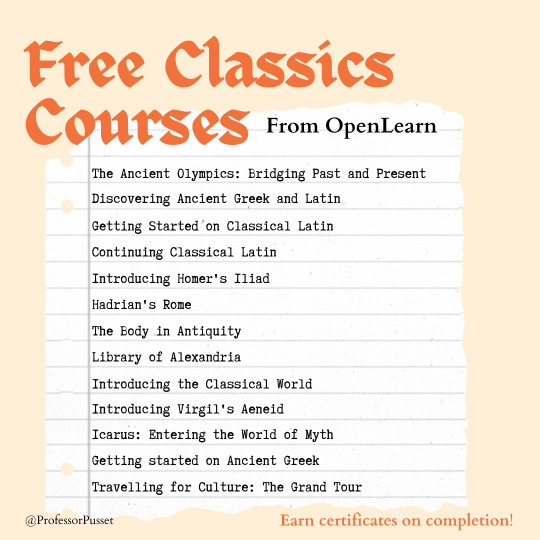
Free Classics Courses - With Certificates!
Studying "the classics" is a rich, rewarding and thoroughly enjoyable experience. Unfortunately these days, many of us lack the opportunity or resources to integrate ancient civilisations and languages into our formal education.
I, for one, am forever grateful that the advent of the digital age heralded new and interesting ways for society to share a wealth of information. Since the early noughties, I've tracked down free online courses in areas of personal interest. Naturally, the Classics is a subject I gravitated towards, and it saddened me to notice that over time free courses in the arts and humanities dwindled in favour of modern, digital, knowledge.
However, I am gladdened to share that OpenLearn (a branch of The Open University) have a growing selection of free Classics courses! All of these courses offer a free certificate to download and print on completion, and are drawn from the various undergraduate courses provided by the university proper.
These courses vary in length and difficulty, but provide an excellent starting point for anyone interested in the Classics, or who would like to sample university level content before committing to a more formal course of study.
Here is a full list of courses in the Classics category at OpenLearn, though I strongly suspect more will be added over time:
The Ancient Olympics: bridging past and present
Highlights the similarities and differences between our modern Games and the Ancient Olympics and explores why today, as we prepare for future Olympics, we still look back at the Classical world for meaning and inspiration.
Discovering Ancient Greek and Latin
Gives a taste of what it is like to learn two ancient languages. It is for those who have encountered the classical world through translations of Greek and Latin texts and wish to know more about the languages in which these works were composed.
Getting started on classical Latin
Developed in response to requests from learners who had had no contact with Latin before and who felt they would like to spend a little time preparing for the kind of learning that studying a classical language involves. The course will give you a taster of what is involved in the very early stages of learning Latin and will offer you the opportunity to put in some early practice.
Continuing classical Latin
Gives the opportunity to hear a discussion of the development of the Latin language.
Introducing Homer's Iliad
Focuses on the epic poem telling the story of the Trojan War. It begins with the wider cycle of myths of which the Iliad was a part. It then looks at the story of the poem itself and its major theme of Achilles' anger, in particular in the first seven lines. It examines some of the characteristic features of the text: metre, word order and epithets. Finally, it explores Homer's use of simile. The course should prepare you for reading the Iliad on your own with greater ease and interest.
Hadrian's Rome
Explores the city of Rome during the reign of the emperor Hadrian (117-38 CE). What impact did the emperor have on the appearance of the city? What types of structures were built and why? And how did the choices that Hadrian made relate to those of his predecessors, and also of his successors?
The Body in Antiquity
Will introduce you to the concept of the body in Greek and Roman civilisation. In recent years, the body has become a steadily growing field in historical scholarship, and Classical Studies is no exception. It is an aspect of the ancient world that can be explored through a whole host of different types of evidence: art, literature and archaeological artefacts to name but a few. The way that people fulfil their basic bodily needs and engage in their daily activities is embedded in the social world around them. The body is a subject that can reveal fascinating aspects of both Greek and Roman culture it will help you to better understand the diversity of ancient civilisation.
Library of Alexandria
One of the most important questions for any student of the ancient world to address is 'how do we know what we know about antiquity?' Whether we're thinking about urban architecture, or love poetry, or modern drama, a wide range of factors shape the picture of antiquity that we have today. This free course, Library of Alexandria, encourages you to reflect upon and critically assess those factors. Interpreting an ancient text, or a piece of material culture, or understanding an historical event, is never a straightforward process of 'discovery', but is always affected by things such as translation choices, the preservation (or loss) of an archaeological record, or the agendas of scholars.
Introducing the Classical World
How do we learn about the world of the ancient Romans and Greeks? This free course, Introducing the Classical world, will provide you with an insight into the Classical world by introducing you to the various sources of information used by scholars to draw together an image of this fascinating period of history.
Introducing Virgil's Aeneid
This free course offers an introduction to the Aeneid. Virgil’s Latin epic, written in the 1st century BCE, tells the story of the Trojan hero Aeneas and his journey to Italy, where he would become the ancestor of the Romans. Here, you will focus on the characterisation of this legendary hero, and learn why he was so important to the Romans of the Augustan era. This course uses translations of Virgil’s poem, and assumes no prior knowledge of Latin, but it will introduce you to some key Latin words and phrases in the original text.
Icarus: entering the world of myth
An introduction to one of the best-known myths from classical antiquity and its various re-tellings in later periods. You will begin by examining how the Icarus story connects with a number of other ancient myths, such as that of Theseus and the Minotaur. You will then be guided through an in-depth reading of Icarus’ story as told by the Roman poet Ovid, one of the most important and sophisticated figures in the history of ancient myth-making. After this you will study the way in which Ovid’s Icarus myth has been reworked and transformed by later poets and painters.
Getting started on ancient Greek
A taster of the ancient Greek world through the study of one of its most distinctive and enduring features: its language.
The course approaches the language methodically, starting with the alphabet and effective ways to memorise it, before building up to complete Greek words and sentences. Along the way, you will see numerous real examples of Greek as written on objects from the ancient world.
Travelling for Culture: The Grand Tour
In the eighteenth century and into the early part of the nineteenth, considerable numbers of aristocratic men (and occasionally women) travelled across Europe in pursuit of education, social advancement and entertainment, on what was known as the Grand Tour. A central objective was to gain exposure to the cultures of classical antiquity, particularly in Italy. In this free course, you’ll explore some of the different kinds of cultural encounters that fed into the Grand Tour, and will explore the role that they play in our study of Art History, English Literature, Creative Writing and Classical Studies today.
202 notes
·
View notes
Text
one thing i need to start living by is “become the thing that you want” if i want friends who throw themed parties maybe i should start throwing those parties. if i want someone who writes me love letters maybe i should start writing letters for the people i love. if i want to hang out at museums and pretty cafes maybe i should invite my friends to these places. and maybe even then i won’t find the kind of people i want to be around. but then i would have become the exact person i want to be around. and maybe that’s good enough.
95K notes
·
View notes
Text
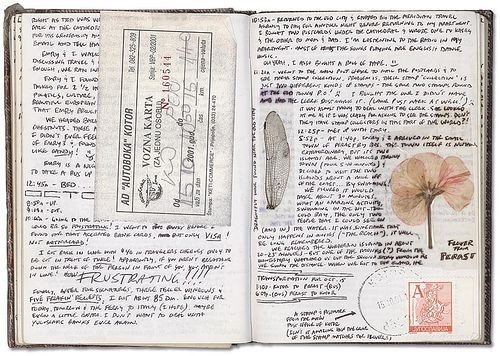

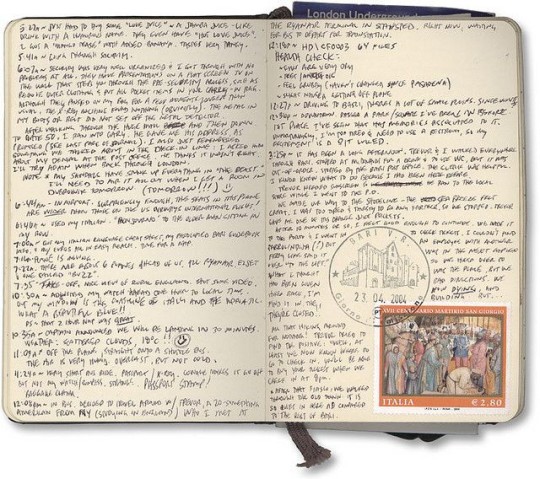
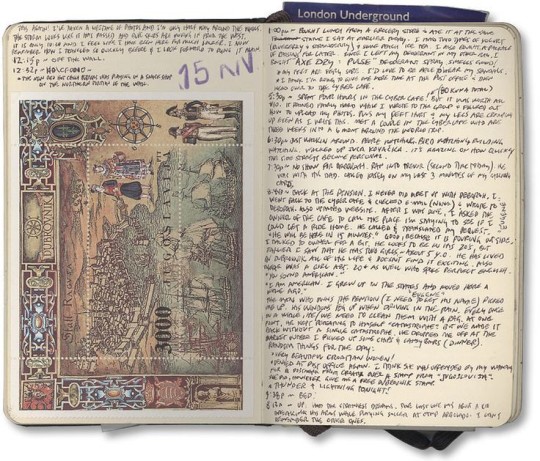
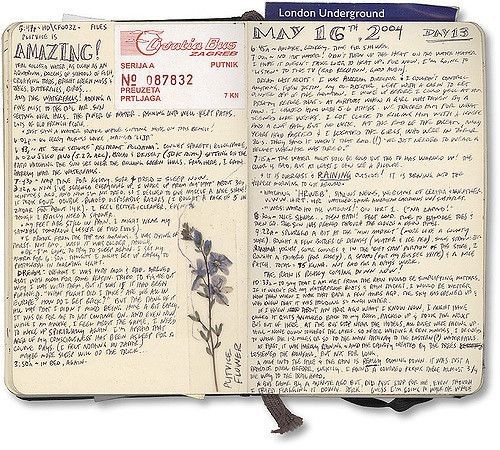
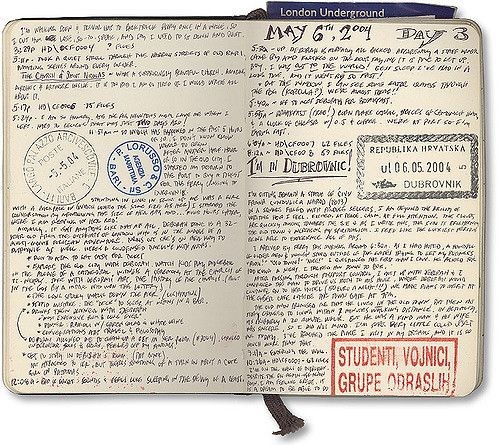
Some travel journal spreads from The Hike Guy on flickr (downloaded them from pinterest)
8K notes
·
View notes
Text
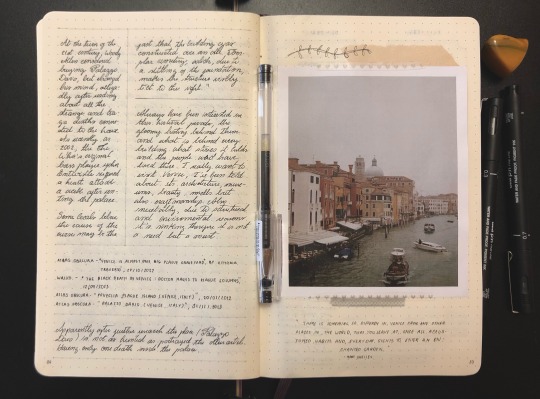
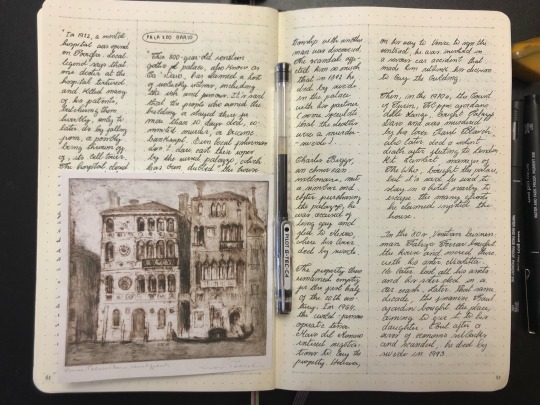
Commonplace on the secret and dark history of Venice in the plague time. Most of this information you can find on ‘Atlas Obscura’ and the ‘Walks’ website.
Did you know, that the places with high pavement in the city squares, often are that way due to the pile of bodies from plague times buried under it? 💀🪦
703 notes
·
View notes
Text
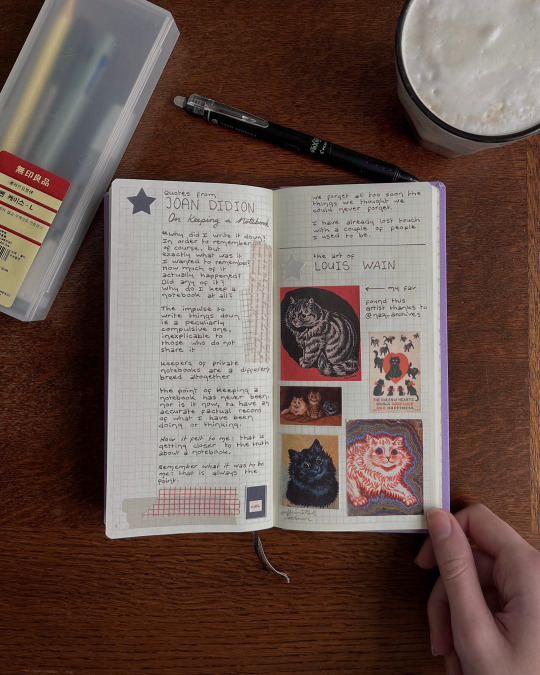
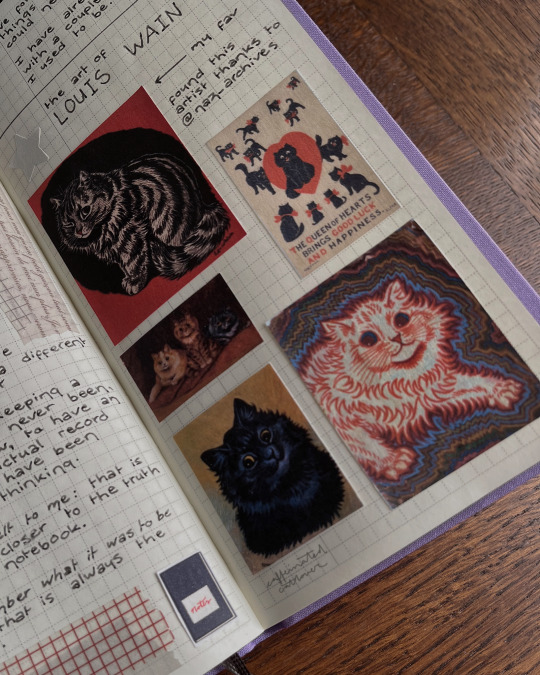
Commonplace pages about Joan Didion’s On Keeping a Notebook and the art of Louis Wain
2K notes
·
View notes
Text
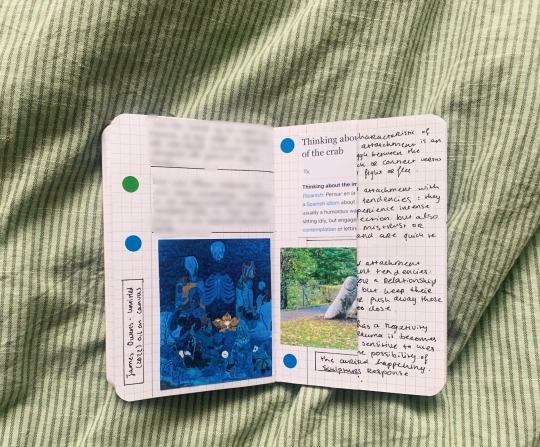
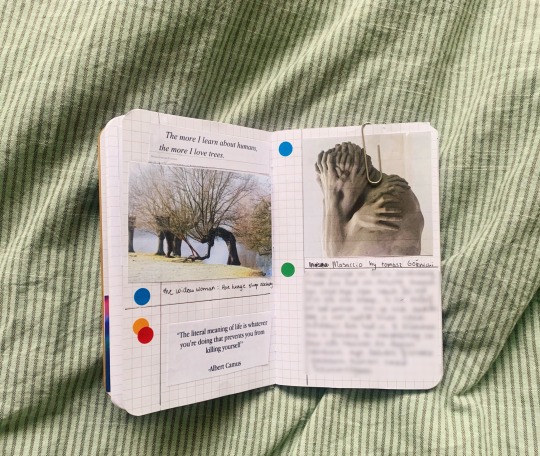


favorite pages from my third field notes: a lot of trees, hands and quotes from philosophy of emotion papers
766 notes
·
View notes
Text


obsessed with these notes my mom found yesterday from when my parents first moved in together. i laughed at the fact that my dad never filled out the grocery list…some things dont change
32K notes
·
View notes
